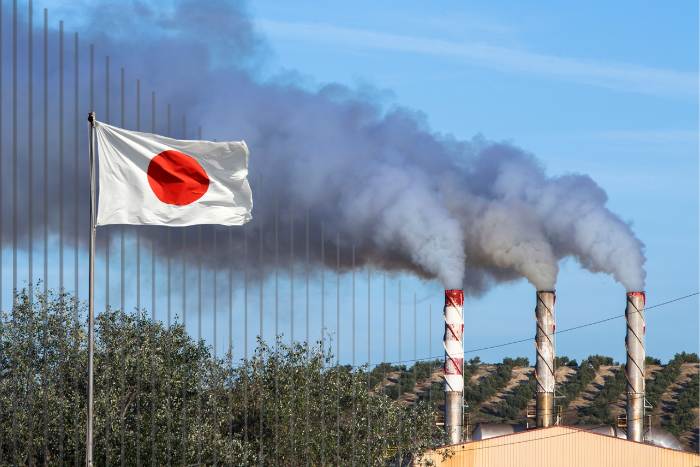About 35% of MoUs include fossil fuel technologies like natural gas, LNG, ammonia co-firing with thermal power plants, ammonia and hydrogen not made by green power, CCS and e-fuels, a new report finds
Over one-third of the agreements signed under the “Asia Zero Emission Community (AZEC)” – an initiative led by Japan to promote decarbonisation-related projects in Asia – are related to fossil fuel technologies, according to a new report by Zero Carbon Analytics, an international climate and energy research organisation.
According to the report, of the 158 memoranda of understanding (MoU) that Japan has signed with partner nations, 56 of them—or 35% of the total—involve fossil fuel technologies, such as carbon capture and storage (CCS), liquified natural gas (LNG), and ammonia co-firing with coal plants. 54 MoUs (34%) include renewables and electrification technologies. These include, solar PV, wind, renewable power, hydropower, geothermal, battery storage, electric vehicles, green hydrogen, green ammonia and waste management. Only 11 agreements (7%) include wind and/or solar.

AZEC is an initiative launched by Japan in March 2023 to advance cooperation with Asia towards carbon neutrality. The 11 AZEC partner countries are Australia, Brunei, Cambodia, Indonesia, Laos, Malaysia, the Philippines, Singapore, Thailand, Vietnam and Japan.
However, the report has found that the initiative is a strong proponent for gas, ammonia, hydrogen and CCS, which prolongs the use of fossil fuels. To date 158 agreements have been signed as part of the AZEC initiative.
Japan funding fossil fuels
“A closer look into the AZEC agreements raises concerns about costs and climate impacts,” said Amy Kong, researcher at Zero Carbon Analytics. “Fossil-based technologies, such as ammonia co-firing, CCS, grey and blue hydrogen, and LNG have much higher lifecycle emissions than solar and wind.”
The list of fossil fuel-related projects include ammonia and biomass co-firing at coal and gas power plants in Indonesia, using CO2 capture technologies at thermal plants in Malaysia, developing an LNG-to-power project in Vietnam, and developing a CCS value chain between Japan and Australia. Researchers said that such projects are designed to extend the production of fossil fuels such as oil and gas, as Japan builds up the LNG market in Asia.
The report said that using ammonia at higher co-firing rates of 50% and 100%, or using green ammonia, will be more expensive than other low-emission technologies, such as solar and wind, in Japan.
Kong added, “Relying on these technologies is a slower and more expensive path to decarbonisation for the region, and risks derailing national power sector emissions targets set out in the International Energy Agency’s 2050 net zero scenario”.
Experts have said AZEC is promoting the export of Japanese technologies of co-firing and CCS, which are currently not commercially viable, and their ability to provide meaningful decarbonization has been much debated.
Both public and private Japanese entities were involved in signing the agreements, including the Ministry of Economy, Trade and Industry (METI), Japan Organization for Metals and Energy Security (JOGMEC), Japan Bank for International Cooperation (JBIC), Japan International Cooperation Agency (JICA), IHI Corporation, and Sumitomo Corporation.
About The Author
You may also like
Developing nations slam slow progress on loss and damage finance, call to “Fill the Fund”
BRICS bloc proposes more multilateralism, sustainable development of Global South
Gas Exploitation Threatens To Severely Harm Marine Area in Mozambique: Report
Nearly 3,000 Climate Lawsuits Filed Since 1986: Report
Asia warming twice as fast than global average: WMO Report


